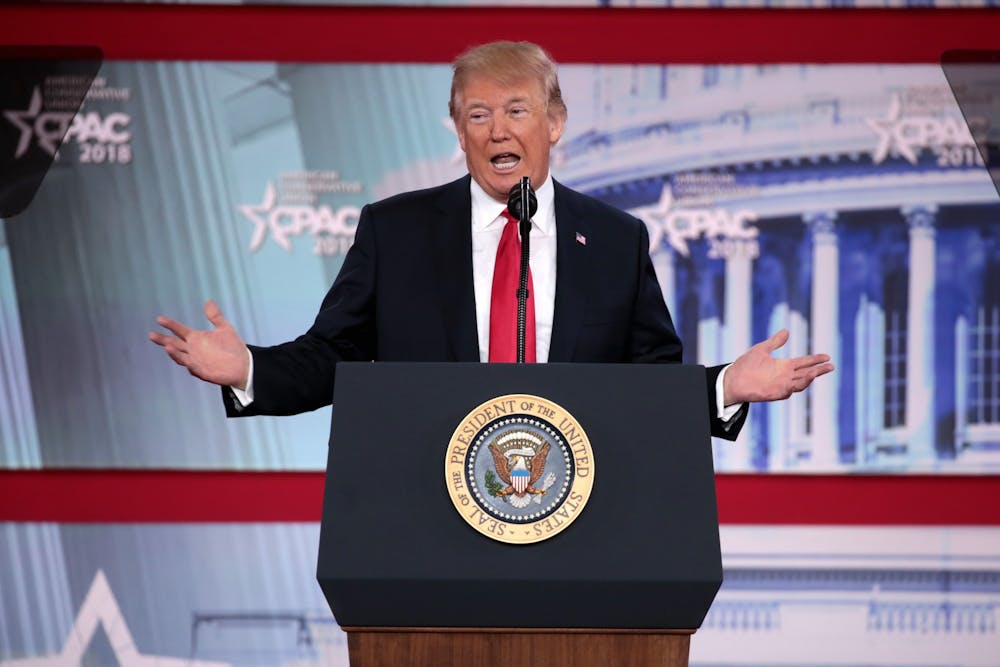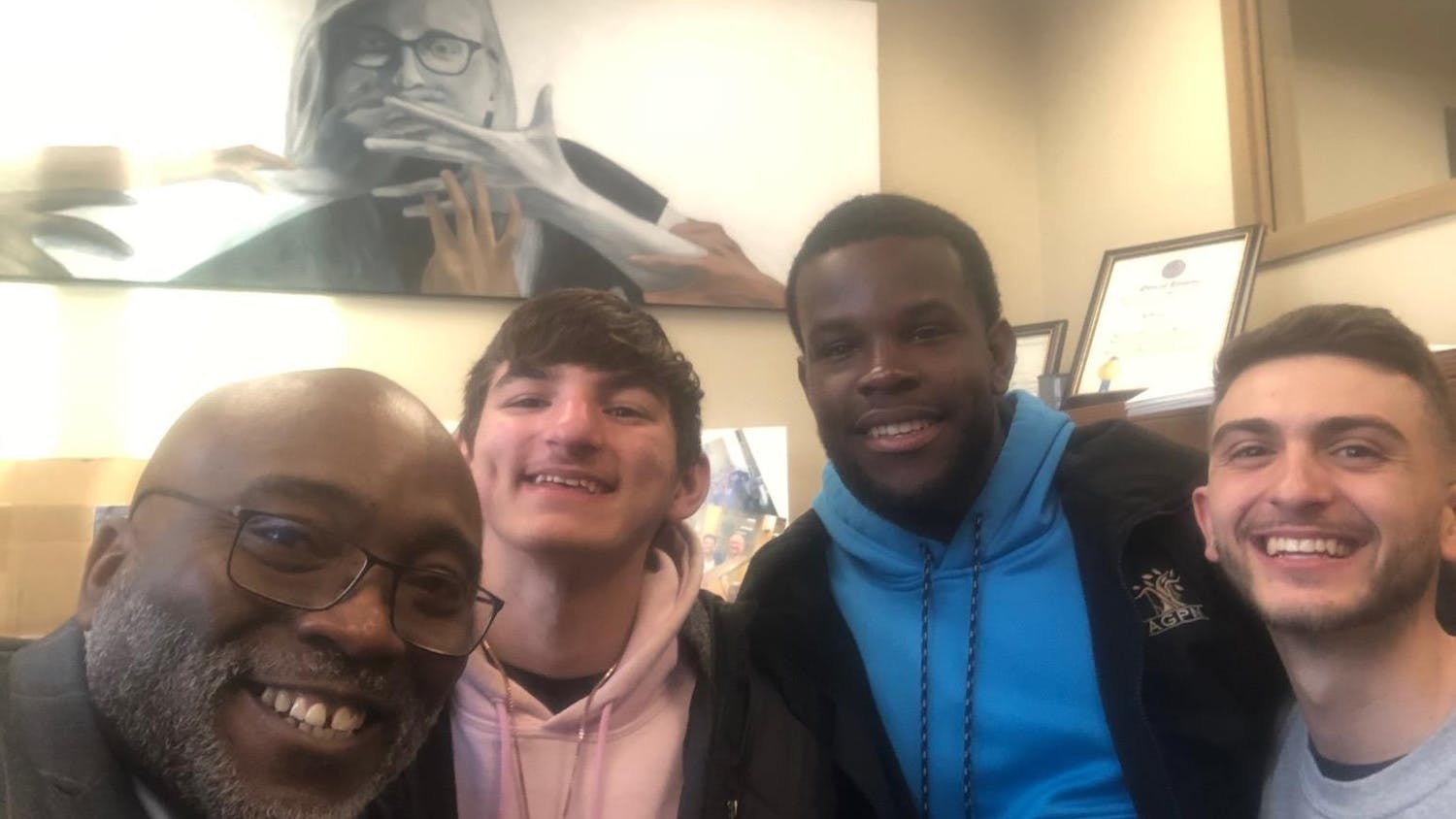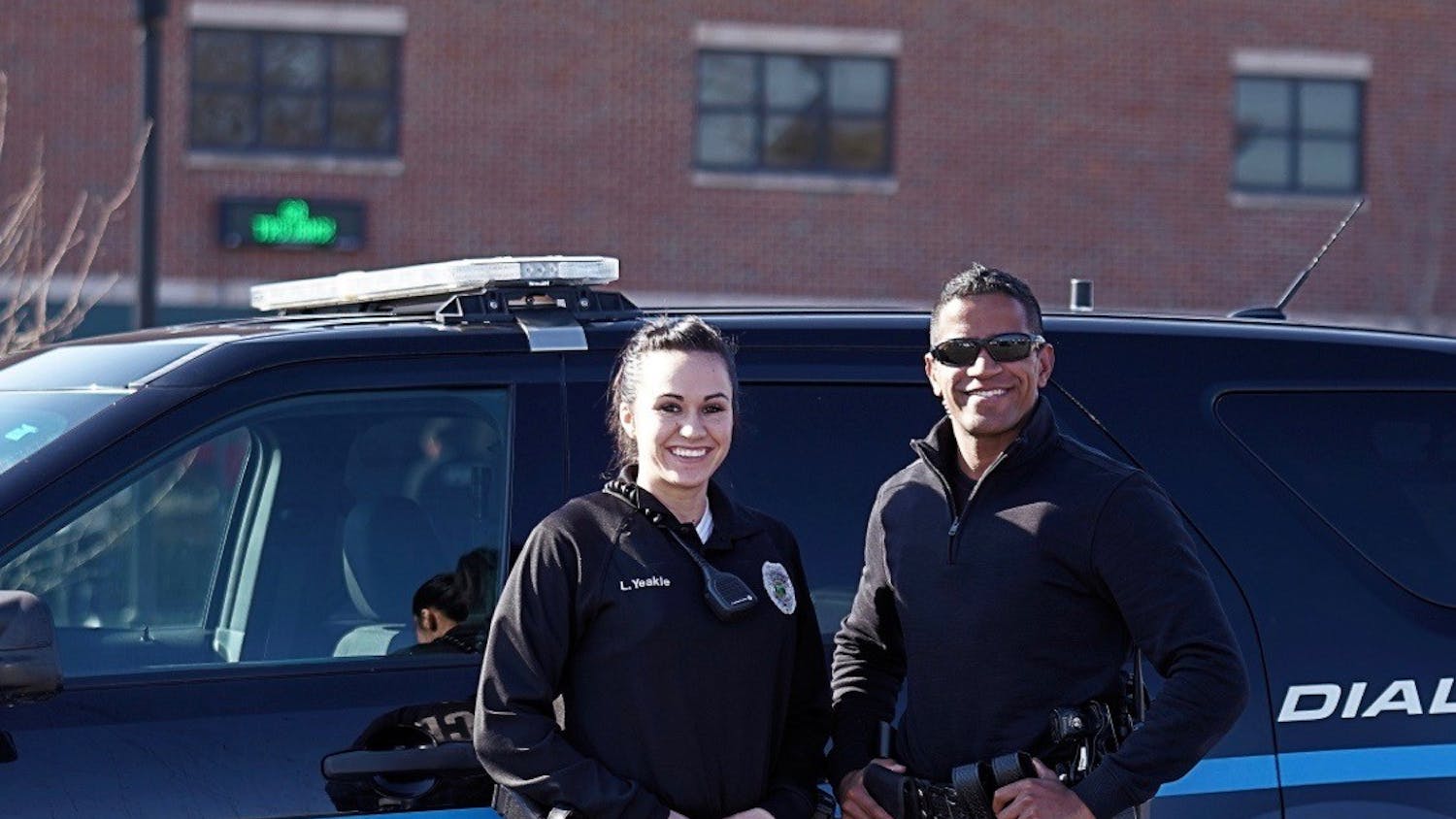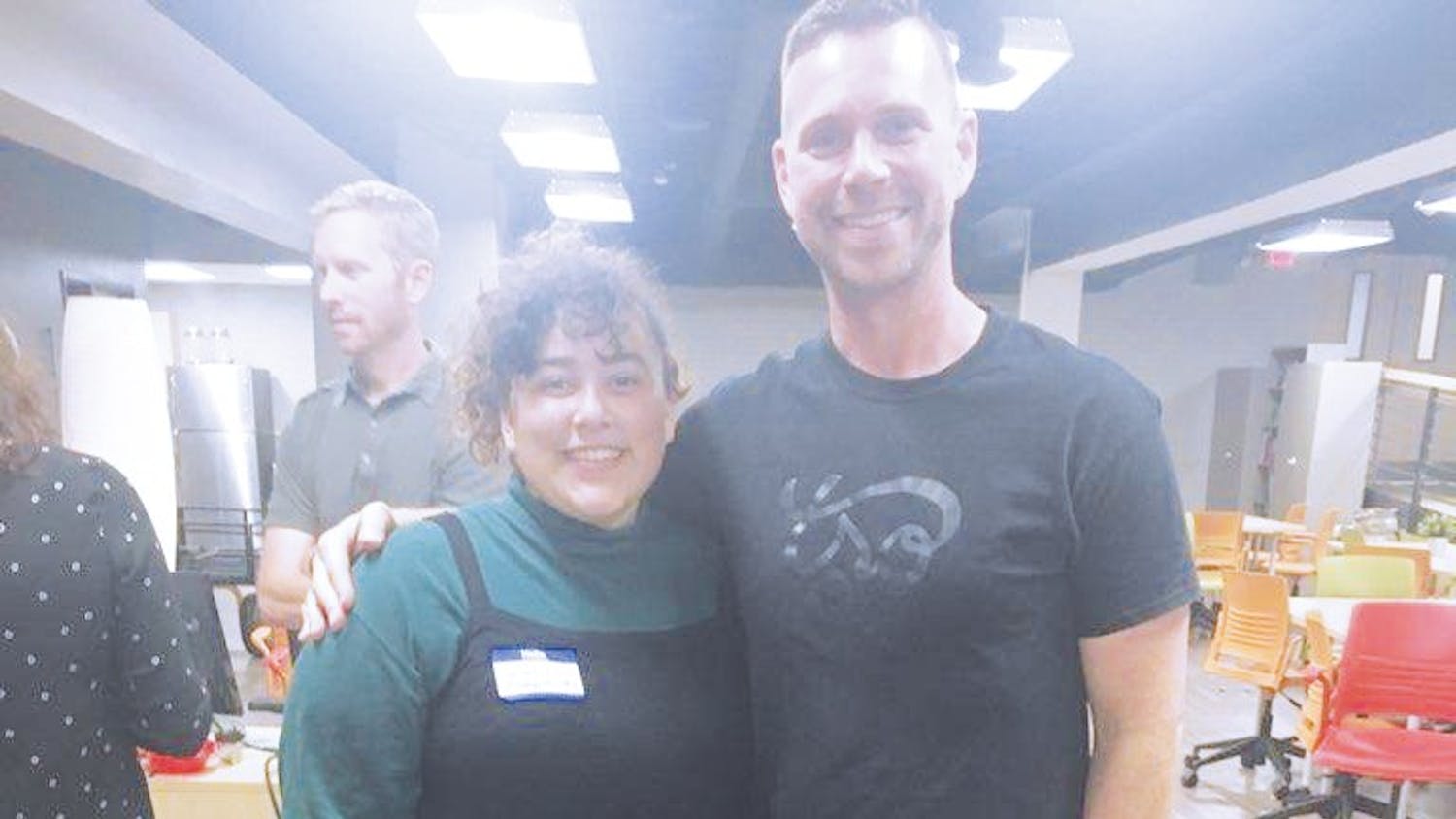Last Tuesday, I sat with over 100 Taylor students and watched the first presidential debate.
The debate felt disheartening. In spite of the spiraling national conversation on the upcoming election, I maintain hope that here, at Taylor, it can be different — that we might embody here on campus the civility and respect that we would hope for from the debate stage.
How can it already have been four years since 2016? In my work in Christian Higher Education, I simply cannot recall a more combative and combustible time than our last general election cycle.
And yet, here we are all the same. Wake me up when November ends? While it is tempting to find a cabin in the woods and try to write the next great American novel, an alternative approach would be to embrace this for the educationally rich environment that it offers.
As we reflect on lessons learned from 2016 and anticipate November 3, 2020, I’m working closely with Steve Austin in Taylor Student Organizations (TSO) and some other good colleagues on the development of election programming.
These efforts are rooted in a desire to channel the energy and emotion of the upcoming presidential election into education, development, and growth.
We are operating under the theory that these kinds of educational outcomes are enriched in conditions that welcome diverse ideas and invite differences of opinion— an environment where conversations can linger and convictions can be arrived at slowly. The enemy of such efforts are ubiquitous. Instant analysis is the current coin of the realm. Put simply, political opinions rarely marinate — we only flash fry.
To be sure, there are sufficient examples of poorly formed opinions that do not require much time to evaluate, yet many deeply held opinions need much more time to be considered than they are often given.
So many of the great political issues of this election are the same issues of elections for years gone by. To think we’ve solved any complex issue with a snap judgment is emblematic of the American exceptionalism and arrogance on display regularly in any of your chosen social media outlets.
In response to these ills, a suggested remedy is revision. We need to be reminded that we, as a people, regularly change our mind. Three examples to illustrate this point:
In 1965, only 24% of Americans said that the United States made a mistake sending troops to fight in Vietnam… 25 years later the same question was asked and 74% said it was a mistake.
Today, 94% rate Martin Luther King Jr. positively on a scale ranging from +5 (very favorable) to -5 (very unfavorable), 69% giving him a +4 or +5 rating. Yet, in a 1966 measurement, Americans were nearly twice as likely to have a negative (63%) as positive (33%) opinion of him.
At the time he was sworn in, Abraham Lincoln's approval rating in the nation was at about 25 percent — roughly equivalent to the lowest approval ratings recorded by modern-day polling. Today he’s widely considered one of if not the greatest leaders in the country’s history.
How sure are you that you’re right?
Our current political moment, and the social media age that animates it, are defined by snap judgments, which do not allow for the grace of examining an issue, weighing the evidence, and grounding a conviction.
Our convictions are like seeds in rocky places — they spring up quickly because the soil is shallow.
But, as Jesus reminds us, “when the sun came up, the plants were scorched, and they withered because they had no root” (Matthew 13:6).
We’ve constructed a democracy of shallow convictions.
A global pandemic, division on matters of race, a presidential election — there is no shortage of important issues on which to have an opinion today. And make no mistake, it’s good to have an opinion.
So, let’s take the time to ground convictions in good soil, while not, under any circumstance, hiding behind the deliberation. Get there. Hold a conviction, but not so tightly that your grip will not loosen if compelling counter-evidence avails itself through dialogue with those with whom you disagree.
In 2016, I worked on five principles that I could share with our students at Taylor for participation in a democracy. These are five principles that I will hold myself to before deciding on how to cast a vote. As we navigate the choppy waters of 2020, I still find them helpful:
Think Critically — Seek multiple perspectives, including those with whom I disagree.
Embrace Humility — Certainty can be a good thing but it can also be toxic.
Hold no Contempt — Anger indulged leads to contempt, and contempt leads to exclusion. The alternative is proximity, bring people closer and do not dehumanize or degrade.
Love your Neighbor — Consider the impact of my vote on others’ lives beyond just my own.
Ground your Conviction — Take the time to consider the evidence and develop a well-informed position. This is what makes a democracy work.
The bottom line here: ground your conviction and share it in relationship with others. We cannot allow the fear of disagreement to prevent us from engaging in discussion. We ought to maintain a disposition that communicates: “I want to hear what you think. I can’t promise we’ll agree, but I’m committed to listening.”
It’s very likely that we, like our predecessors, are completely missing the mark on one of these great issues of our day, and that 25 years from now, the events unfolding in our midst today will be viewed very differently by the next generation.
So let’s refuse the short-term pleasure of growing plants in shallow soil and plant the seeds of our convictions in deeper ground where it’s more likely to produce fruit for many years to come.





